The “Should” Detox: How to Increase Non-Judgementalness
"Should" is a word many use without thinking twice. It's one of the most common words in our vocabulary, yet it's also one of the most insidious.
Too often, we fail to notice the extent of how our internal dialogue affects how we feel and show up in the world. It's time to explore the power of "should" statements and how they can be more harmful than we may realize.
Why You Need a "Should" Detox
We all have a little voice that likes to tell us what we should do or who we should be. This is the voice of self-judgment, fueled by our thoughts about ourselves and the meanings we attach to those thoughts.
Self-judgment can be incredibly harmful, as it leads us to doubt ourselves, second-guess our choices, and beat ourselves up for things that are often out of our control. It can also lead to feelings of shame, worthlessness, and inadequacy.
In other words, "should" is a major reason we become our own harshest critics, even if that's not who we intended to be. We say things like, "I should be better at my job," "That project should have been more successful," or "I should work out more."
The impact of statements like these isn't apparent at first. We often think and speak to ourselves this way, thinking it will motivate us to change our current reality. However, it only conveys that we do not accept our current reality.
When we use "should" statements, we reinforce the negative and the things we are not. Words like "should" cut to the core of our being and tell us who we are is not who we should be, and, thereby, who that person is, is wrong.
What to Say Instead of "Should"
The word "should" triggers a vicious cycle of self-judgment that can only be broken by recognizing the power of removing it from your vocabulary.
When you're ready to stop using the word "should," start replacing it with "can." For example, instead of saying, "I should go to the gym," say, "I get to go to the gym." This small change in language from a place of gratitude can make a big difference in your mindset.
When you use the word "should," you aren't just reinforcing self-judgment but putting yourself in a position of obligation. You are essentially saying that you have to do something, whether you want to or not. This can be very demotivating and can lead to procrastination and a feeling of general unhappiness.
On the other hand, when you use phrases like "I get to" or "I can," you are permitting yourself to do something. You are acknowledging that you have the power and ability to take action. This is much more empowering and can lead to greater confidence, self-compassion, and self-efficacy.
The Power of "I Can," "I Get To," and "I Want To"
You may find it difficult to let go of the word "should," let alone notice that you do it, and that's okay. Just keep tuning in and listening to how you speak to yourself. When you catch it happening, practice saying "I can" or "I get to."
Continue to make this swap as often as possible, and eventually, it will become second nature. The more you talk to yourself using words that reflect kindness and compassion, the more your self-judgment decreases.
If you're not ready to use the word "can," start with "want to." For example, instead of saying, "I should eat healthily," say, "I want to eat healthily." This simple shift in language can make a big difference in how you approach your goals and make decisions.
Flipping the Script From Self-Judgment to Self-Compassion
The sooner we acknowledge the power of "should," the sooner we can harness the power of "I can," "I get to," and "I want to."
When we flip the script, we reverse the cycle. Instead of saying "should" and putting ourselves down, we can use the word "can" and build ourselves up. We can use the phrase "want to" to remind ourselves that we're worth taking care of and "get to" to remember it's possible. When we detox ourselves of the "shoulds," we release the hold it has on us to create the change we want to see in our lives.

